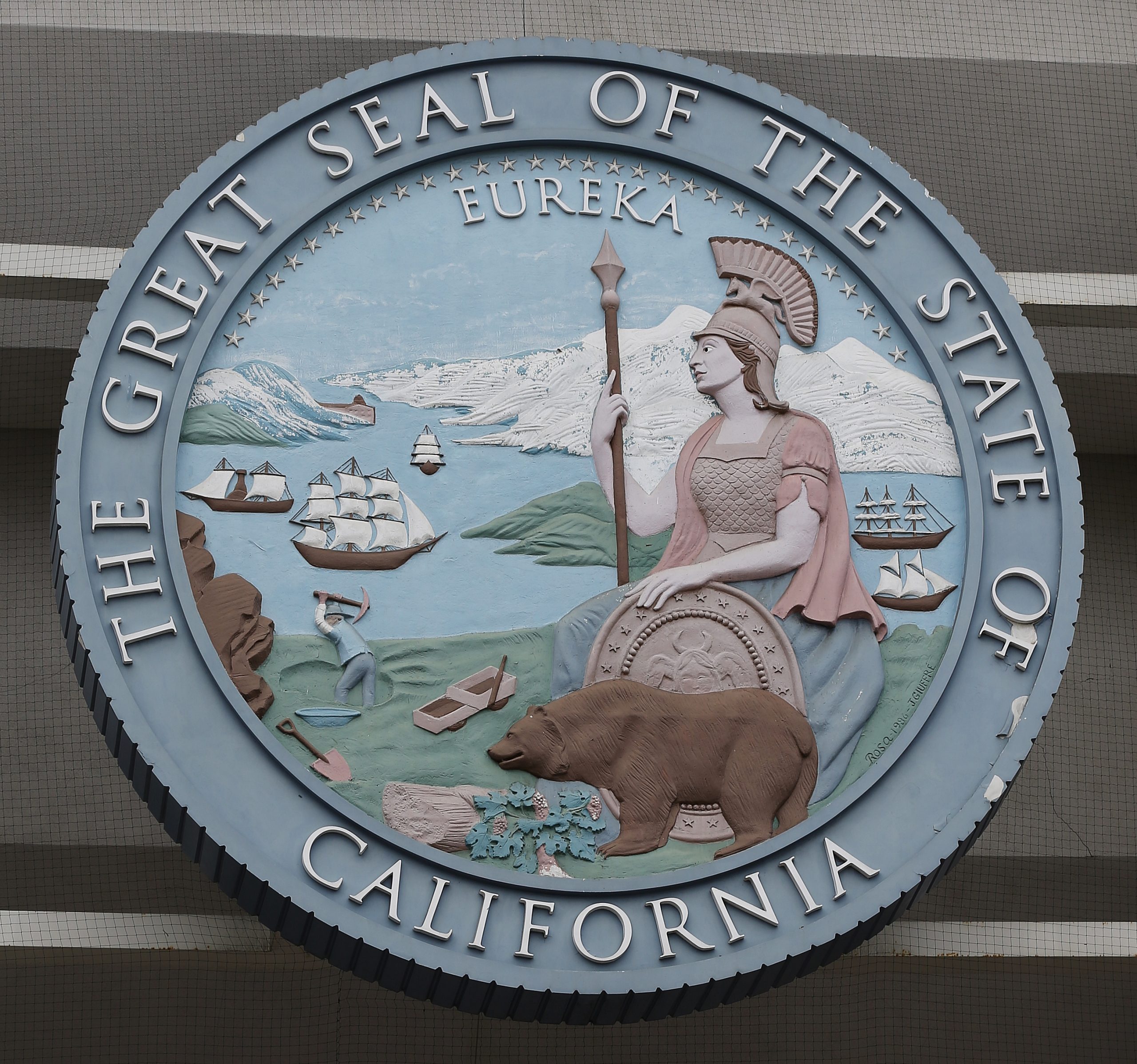On May 12, Yes on the California Living Wage Act, the campaign behind an initiative to increase the state’s minimum wage to $18, announced that they had collected over 1 million signatures. The initiative would enact a law to increase the minimum wage at different intervals depending on whether an employer has 26 or more workers or 25 or fewer workers. For employers with 26 or more workers, the minimum wage would reach $18 on Jan. 1, 2025. For employers with 25 or fewer workers, the minimum wage would reach $18 on Jan. 1, 2026. After reaching $18 an hour, the minimum wage would be tied to the CPI-W. Currently, the state’s minimum wage is $15 for large employers and $14 for smaller employers.
In California, the number of signatures required for an initiated state statute is 623,212, which is equal to 5% of the votes cast in the last gubernatorial election. Joe Sanberg filed the ballot initiative on Dec. 3, 2021. He said, "This is an issue that speaks to people’s everyday lives. It’s easy to explain and easy to understand and I expect we’re going to win. We’re planning this to win."
The Working Hero Action for the Living Wage Act PAC is funding the campaign. It reported $10.88 million in contributions in its latest campaign finance filings. Sanberg has contributed $10.87 million. The campaign has received endorsements from AFSCME California PEOPLE, the California Faculty Association, Unite Here Local 11, UPTE-CWA Local 9119, and SEIU Local 87.
It has received opposition from the National Federation of Independent Business. John Kabateck, the state director of the federation, said, "Market, not politicians and bureaucrats, ought to be dictating the financial growth and success of working men and women in California. Let the market dictate this and let’s stop sending the message that mediocrity is a pathway to professional success in California.”
California was the first state to reach $15 per hour in 2022. As of January 2022, eight other states had passed laws or ballot measures increasing their statewide minimum wage rates incrementally to $15 per hour.
Signatures are first filed with local election officials, who determine the total number of signatures submitted. If the total number is equal to at least 100% of the required signatures, then local election officials perform a random check of signatures submitted in their counties. If the random sample estimates that more than 110% of the required number of signatures are valid, the initiative is eligible for the ballot. If the random sample estimates that between 95 and 110% of the required number of signatures are valid, a full check of signatures is done to determine the total number of valid signatures. If 623,212 signatures are verified by June 30, the initiative will appear on the ballot at the Nov. general election.
Additional reading:



